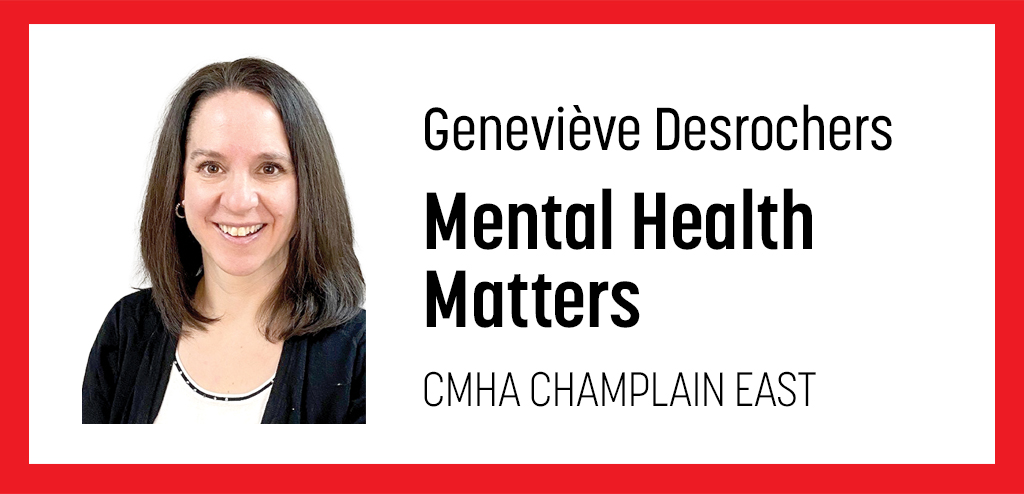Unfortunately, we still encounter stigma against mental illnesses in our surrounding. Stigma happens when we see someone in a negative way because of a particular characteristic or attribute. One kind of stigma happens when someone is defined by their illness rather than by who they are as an individual. For example, they might be labelled ‘psychotic’ rather than ‘a person experiencing psychosis’. When people are treated in a negative way because of their mental illness, this is discrimination. Stigma and discrimination are often the result of a lack of understanding or fear. Inaccurate or misleading media representations of mental illness contribute to both those factors.
Experiencing social stigma and discrimination can make problems worse, making it harder for people living with mental health conditions to recover. Indeed, stigma can have harmful effects on people, which can include:
- Feelings of shame, hopelessness and isolation
- Reluctance to seek help or treatment and less likely to stay with treatment
- Lack of understanding by family, friends, coworkers, or others
- Fewer opportunities for employment, social interaction and trouble finding housing
- Bullying, physical violence or harassment
- The belief that you’ll never overcome your illness, accomplish what you want in life or that you can’t improve your situation
So what can we do to help reduce mental health stigma? One excellent way is to start by changing the language we use when we talk about mental health conditions. Here are a few suggestions for you to consider (source: CMHA Ontario):
| Common / outdated terms | Person-first language |
| Mental health disorders |
Mental health issues, conditions or illnesses
|
| Individuals “struggling” or “suffering from”
or having a mental illness, mental health condition or issue |
Individuals living with mental illnesses, mental health condition or issue |
| Committed Suicide, “suicided”,
or successful / unsuccessful suicide |
Died by suicide
Attempted suicide |
| Mental illnesses | A mental illness (or specify specific disorder, rather than generalize by using the term “mental illness” to capture all mental illnesses.) |
| Mentally ill person
Someone who is bipolar |
Someone who has a mental illness.
Someone who is living with bipolar disorder. |
| Patient / Client | People with lived experience or individuals we serve |
| Addict / Substance abuser | He/she has a substance use condition.
He/she has lived experience of substance use |
Fighting against stigma start with ourselves. Let us remember to be thoughtful about the choice of our words by using accurate and sensitive words when talking about people living with mental illnesses.
Sources:
https://ontario.cmha.ca/documents/stigma-and-discrimination/
https://www.psychiatry.org/patients-families/stigma-and-discrimination
https://commissionsantementale.ca/wp-content/uploads/2020/08/language_matters_cheat_sheet_fr.pdf
DO YOU NEED MORE HELP?
Contact a community organization like the Canadian Mental Health Association to learn more about support and resources in your area.
The information provided is not a substitute for professional advice. If you need advice, please consult a qualified health care professional. For further information or if you want to access our services at CMHA, please call 1-800-493-8271 or visit our web site at www.cmha-east.on.ca
If you are thinking of suicide, please call 1-833-456-4566 toll free in Canada or dial 911.



